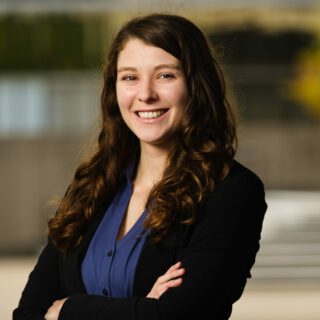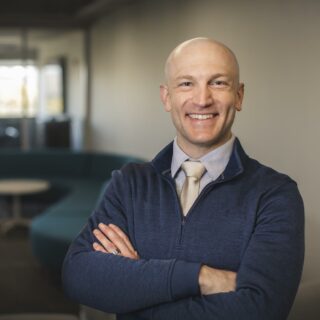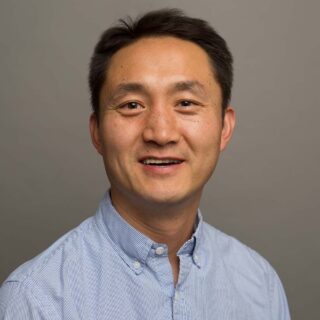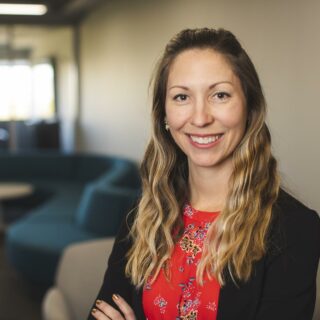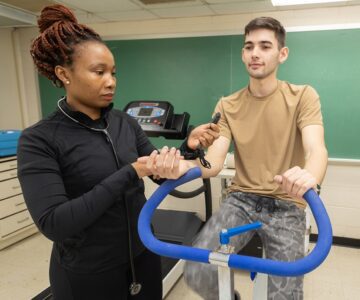This nationally accredited graduate program trains students for clinical and research careers related to exercise and physical activity to prevent and treat chronic health-related conditions.
Gain strong foundational knowledge and hands-on experience as you prepare for:
- Careers in cardiac rehabilitation, pulmonary rehabilitation, diabetes prevention, cancer prevention and rehabilitation, obesity prevention and treatment, and other related careers
- Additional training programs in areas such as physical therapy, occupational therapy, and other related disciplines
- Competitive high-quality doctoral programs


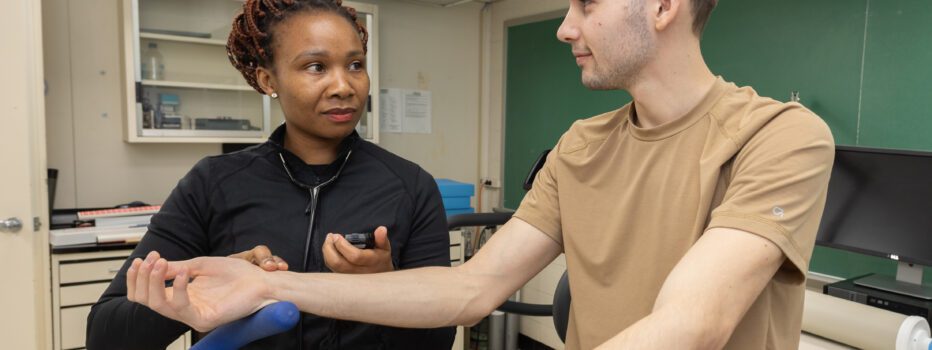
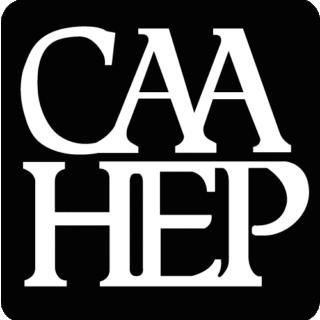 Our MS in Clinical Exercise Physiology degree is fully accredited by the
Our MS in Clinical Exercise Physiology degree is fully accredited by the 
